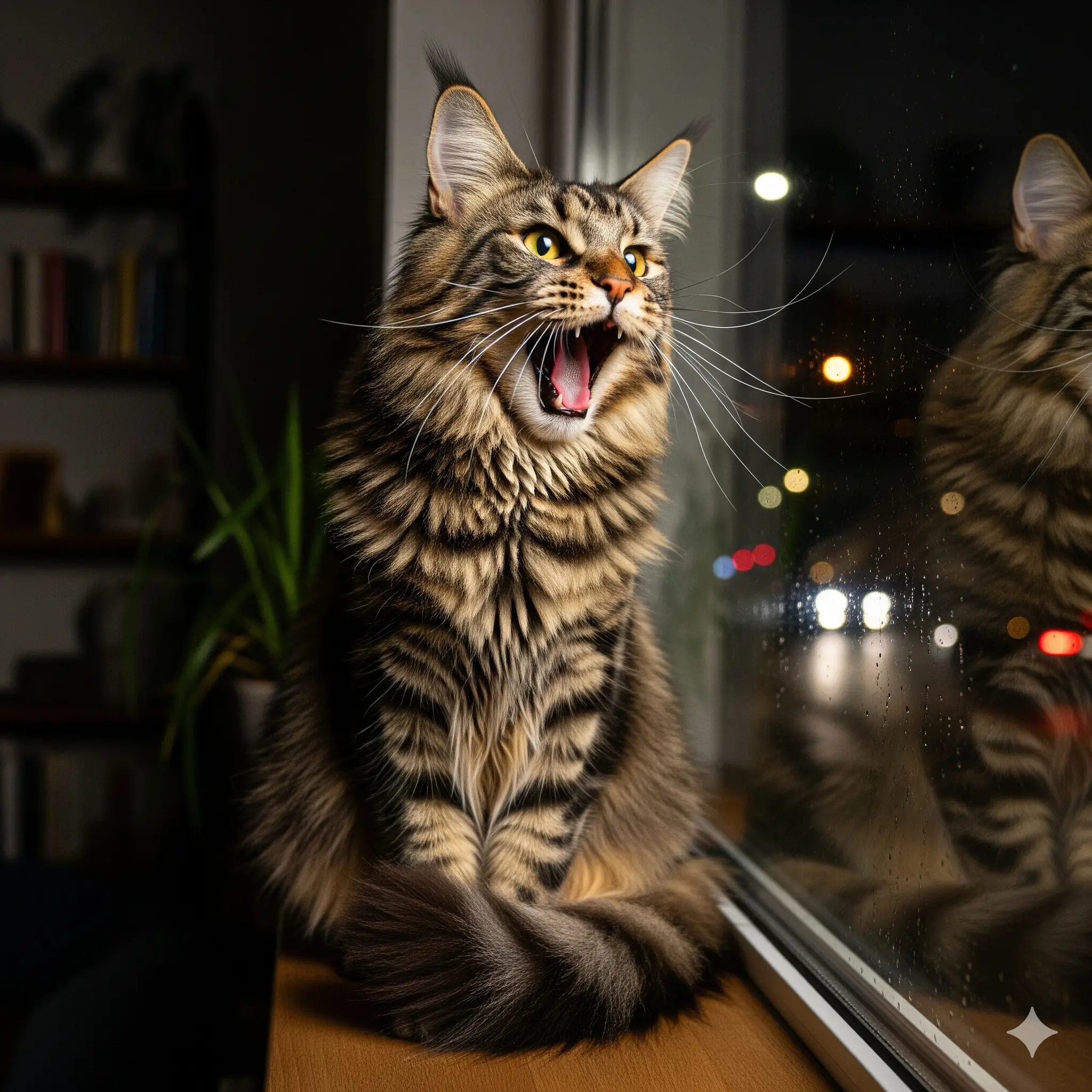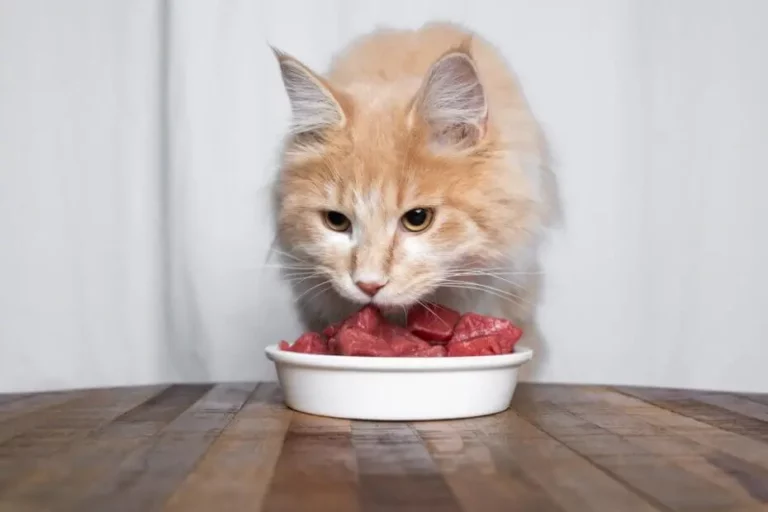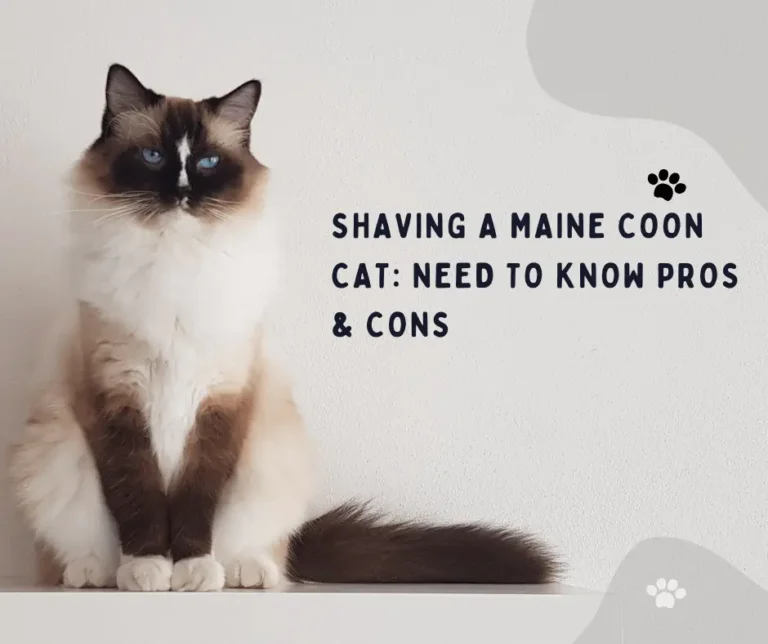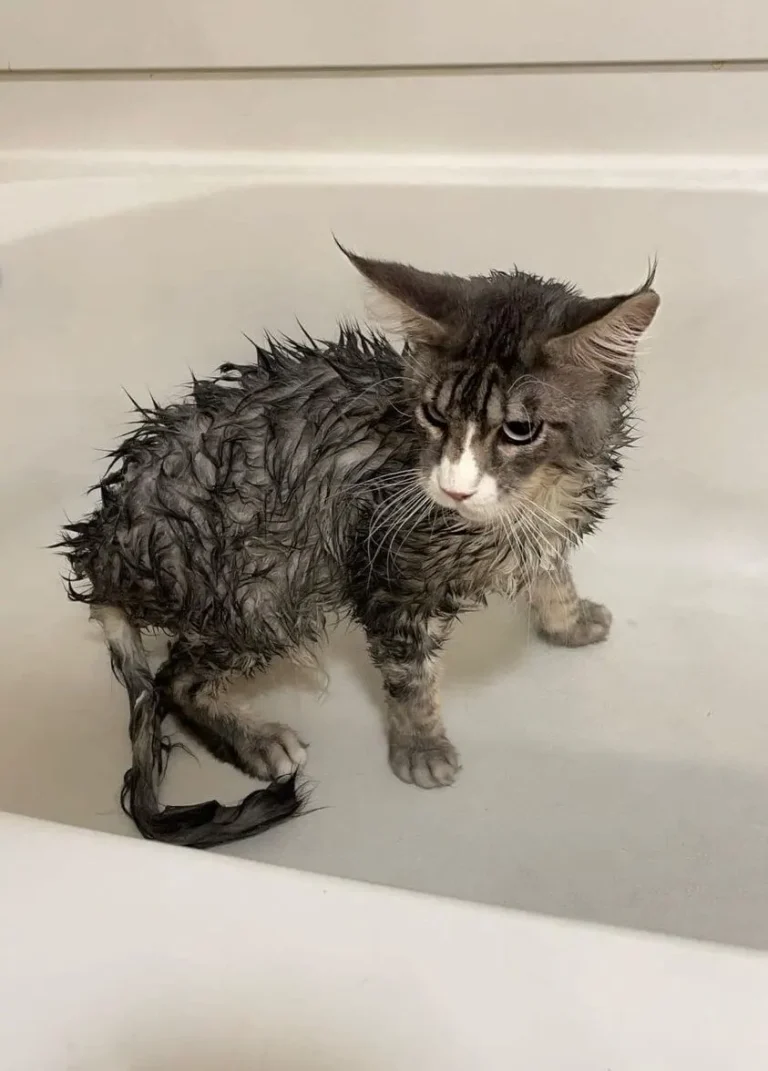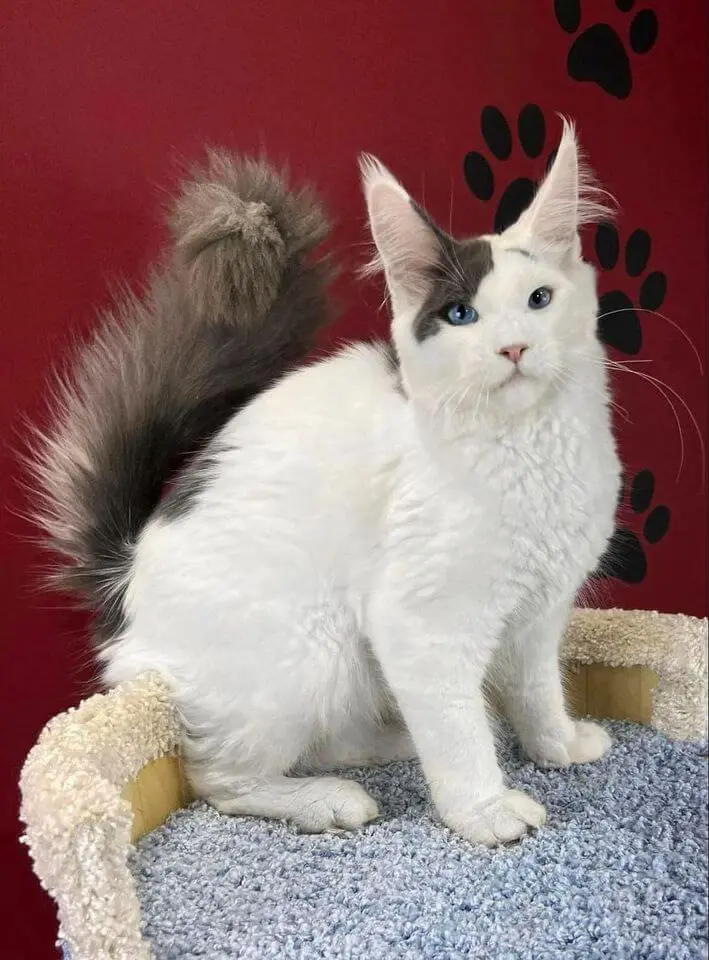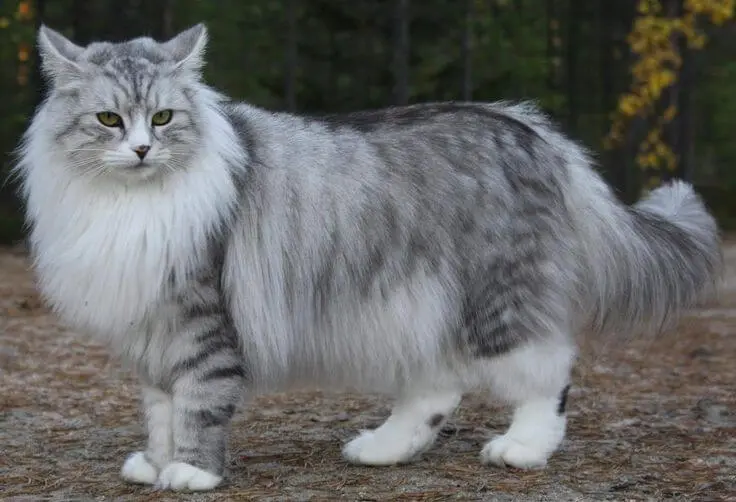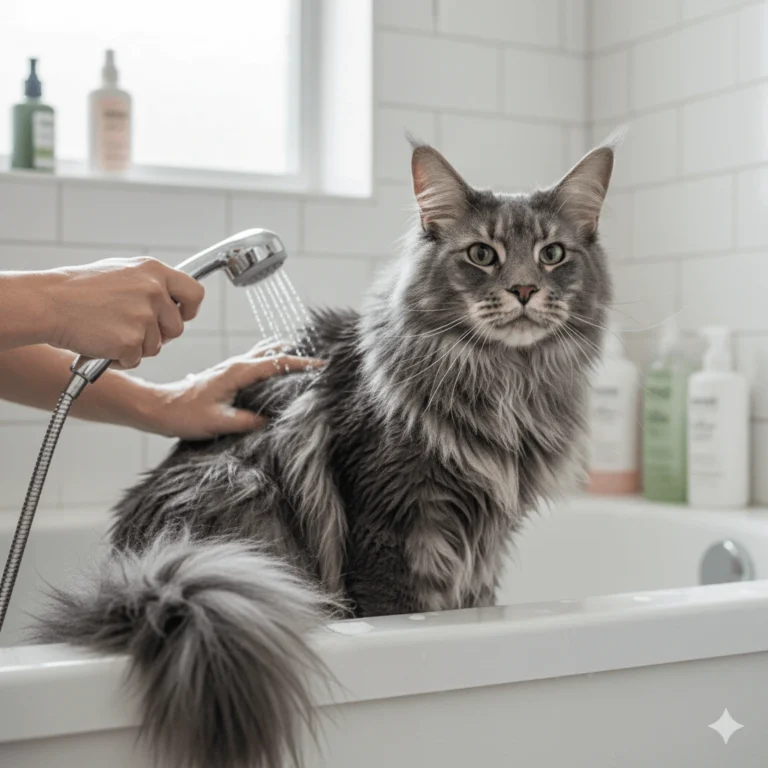10 Surprising Reasons Why Your Maine Coon Cries at Night
Maine Coon cats are known for their gentle personalities, affectionate nature, and expressive voices. Unlike many breeds, Maine Coons often “chirp” or “trill” instead of meowing loudly. However, some owners find that their Maine Coon cats cry or vocalize excessively during the night, which can be puzzling and disruptive. If your gentle giant keeps you awake after dark, there are several possible reasons.Maine Coons cry for many reasons, and we should also know how to overcome their crying behaviour. So in this article, let’s discuss this gradually—
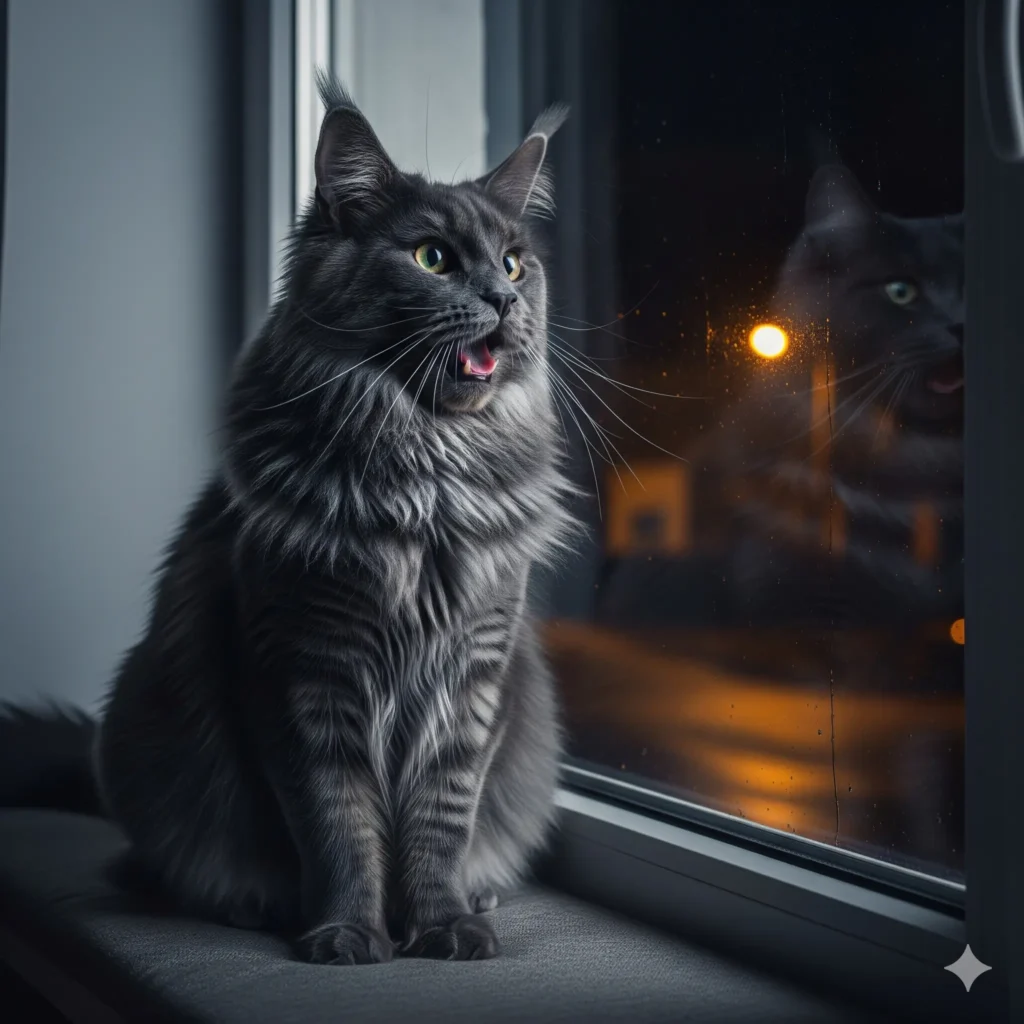
Why Your Maine Coon Cries at Night?
1. Seeking Attention
Maine Coons are highly social cats. They enjoy the company of their owners and become happy with them. If they feel ignored or left alone during the day, they may cry at night to get your attention and companionship. Maine Coon cats are naturally social and thrive on human companionship. They enjoy being around their families, and it can confuse or stress them if a favorite family member is not home at night. Since these gentle giants often form strong bonds, they may cry or appear unsettled when they can’t find the person they’re attached to.
2. Loneliness
These cats form strong bonds with their families. If your Maine Coon sleeps alone or feels isolated, nighttime crying may be their way of expressing loneliness. If your Maine Coon has grown used to spending most of their time with you, they may feel lonely or anxious when left alone. To help ease this behavior, consider creating a cozy, dedicated space for your cat. A comfortable room with toys, a soft bed, and scratching posts can help your Maine Coon adjust to being on their own and reduce nighttime crying.
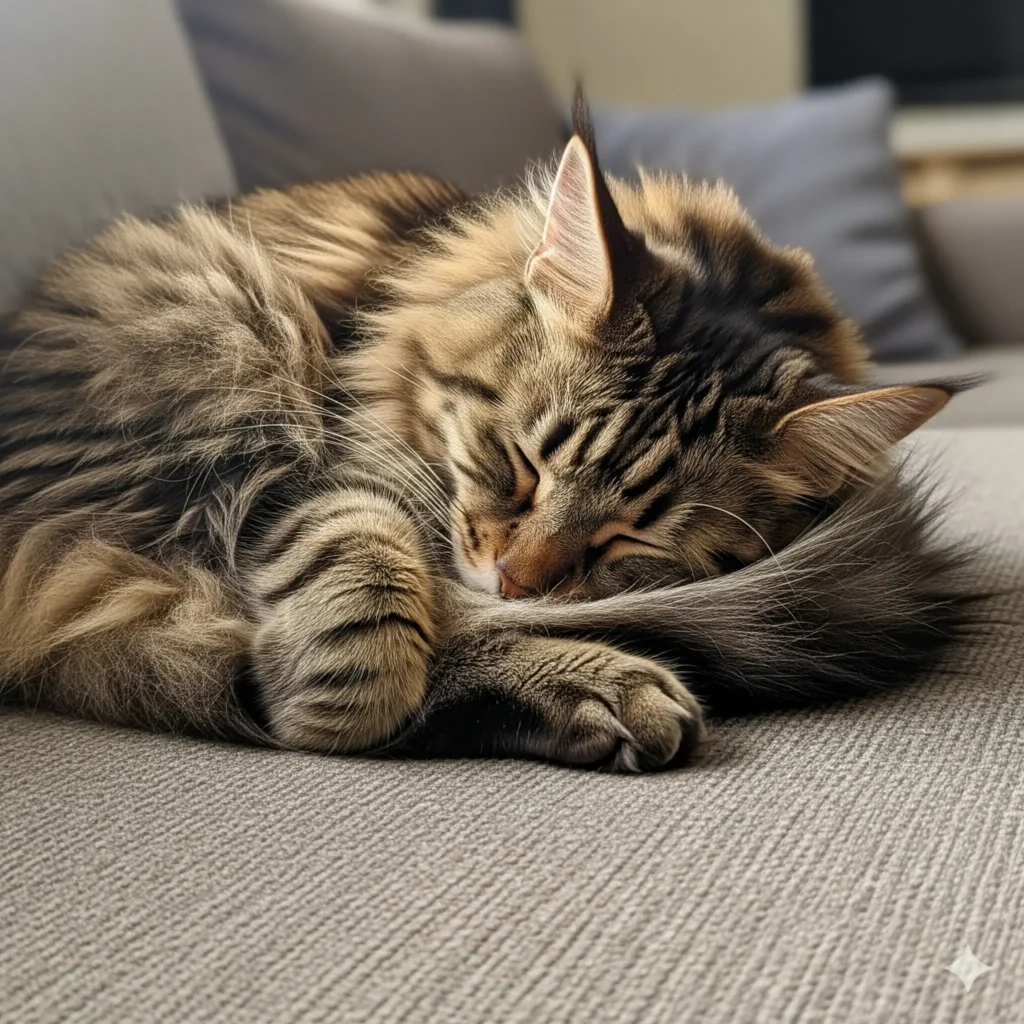
3. Hunger or Thirst
A common reason cats cry at night is that their food or water bowl is empty. Maine Coons, being large cats, often have bigger appetites and may need extra feeding before bedtime. Cats, including Maine Coons, can become restless or anxious when they are hungry or thirsty. To prevent nighttime crying, always make sure your cat has access to fresh water and food throughout the day. If your Maine Coon is used to eating only once or twice a day, consider offering smaller, more frequent meals. This helps keep them satisfied and reduces the chances of them waking you up at night because of hunger.
4. Boredom or Lack of Stimulation
Maine Coons are intelligent and playful. Without enough toys, playtime, or mental stimulation during the day, they may become restless and vocalize at night. They want to play with toys with their owner, which makes them active and relaxed.
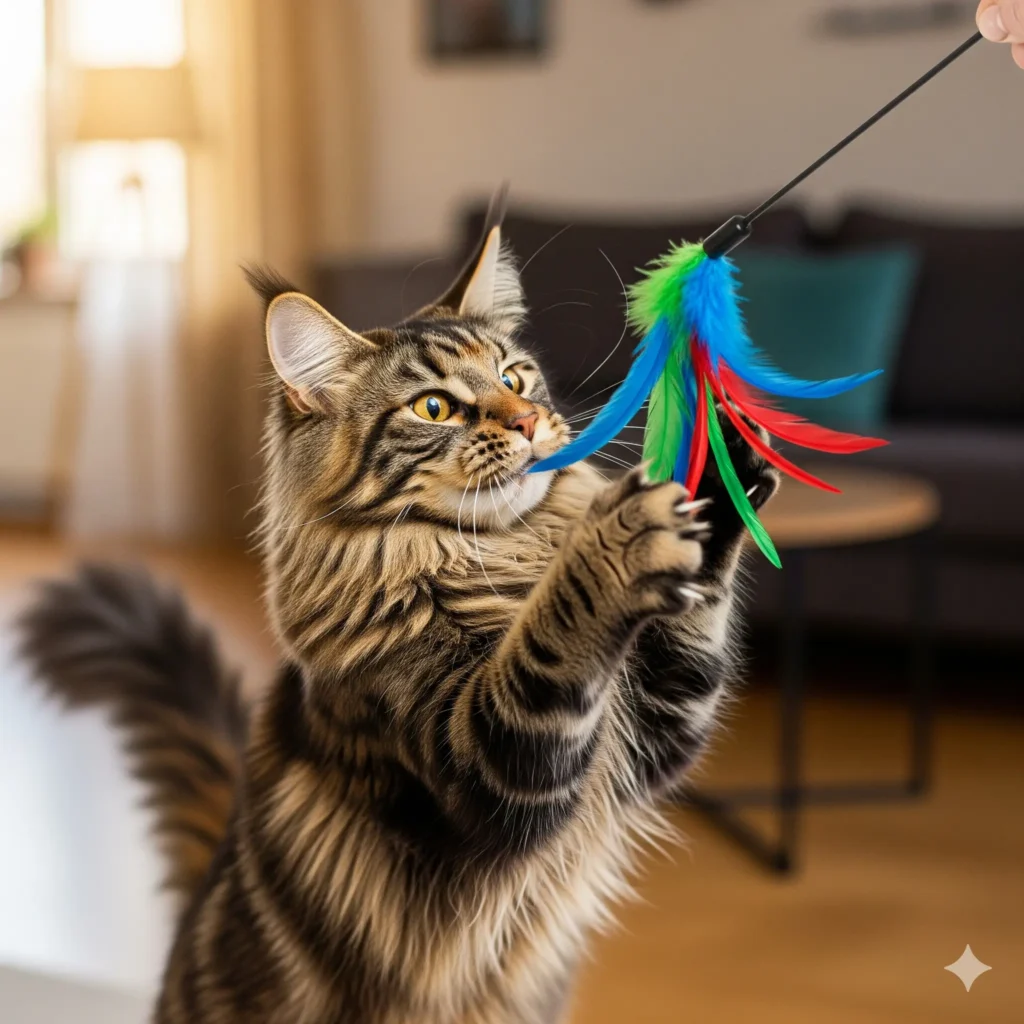
5. Health Issues
Crying can sometimes signal discomfort, pain, or an underlying health problem. Maine Coons can become sick. Reasons can include such as dental issues, arthritis, thyroid problems, tummy aches, fevers, infections, and sore throats. A vet check-up is important if the crying is sudden or persistent.
6. Stress or Anxiety
Changes in the household, such as moving furniture, a new pet, or unfamiliar guests, can cause anxiety in Maine Coons. They may cry at night as a way of expressing unease.
7. Mating Behavior
If your Maine Coon is not spayed or neutered, nighttime crying may be linked to mating instincts. This is especially true during mating season when cats naturally become more vocal.
8. Territorial Instincts
Maine Coons are protective of their environment. If they sense another cat outside the house, they may cry to alert you or defend their territory.
9. Disrupted Sleep Cycle
Cats are naturally more active at dawn and dusk. If your Maine Coon naps too much during the day, they might cry at night because they are wide awake and full of energy.
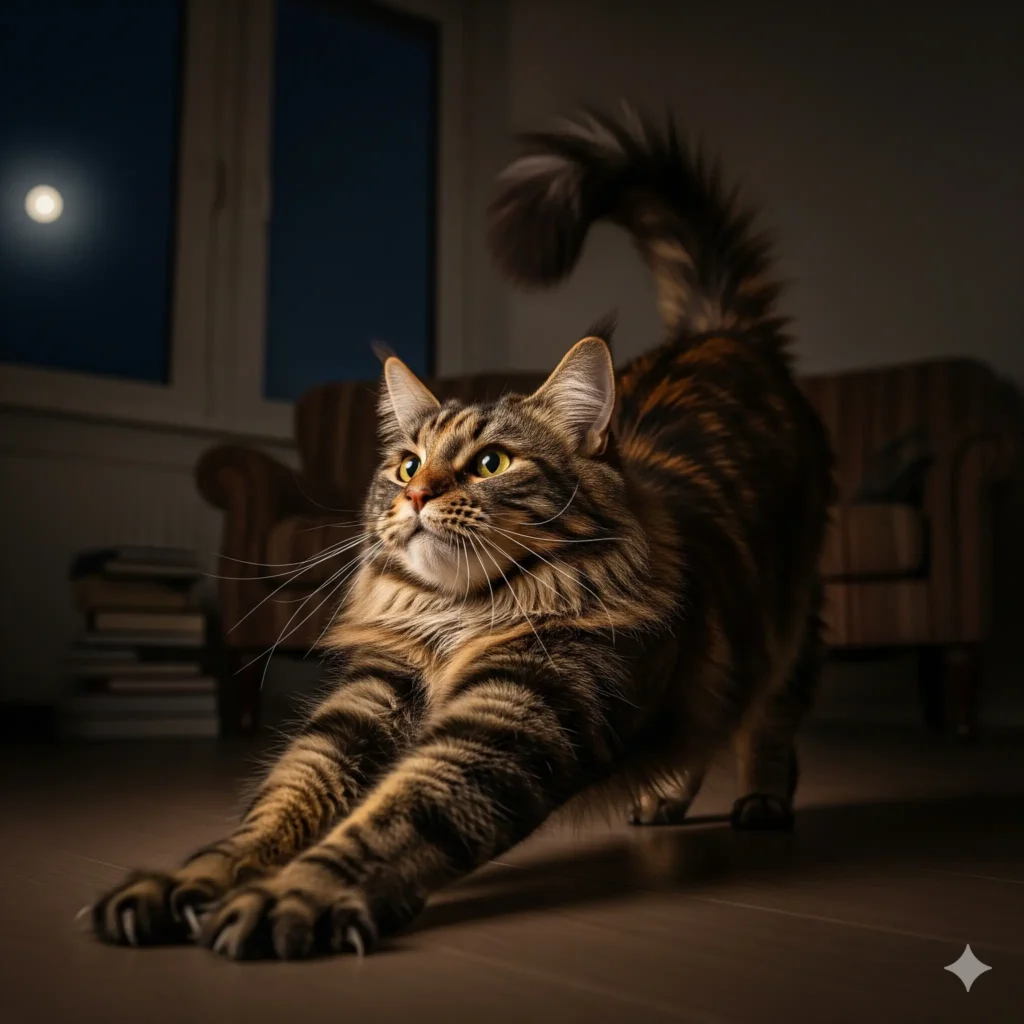
10. Habit Formation
Sometimes, Maine Coons cry at night simply because they’ve learned that doing so gets a response from you—like petting, feeding, or letting them into your bedroom. Over time, this becomes a habit.
How to Help Your Maine Coon Sleep Peacefully
If your Maine Coon cat cries at night or struggles to settle down, there are several simple steps you can take to help them sleep better. Since Maine Coons are social, active, and intelligent cats, they need both physical exercise and mental stimulation during the day. Spending time playing with them before bedtime helps burn off excess energy, making them more relaxed at night. Another way to ensure a peaceful night is by keeping their food and water bowls filled before you go to sleep. A hungry or thirsty Maine Coon is more likely to meow and disturb you. Providing a cozy, quiet sleeping space—such as a soft cat bed or a private room—can also make them feel safe and secure.
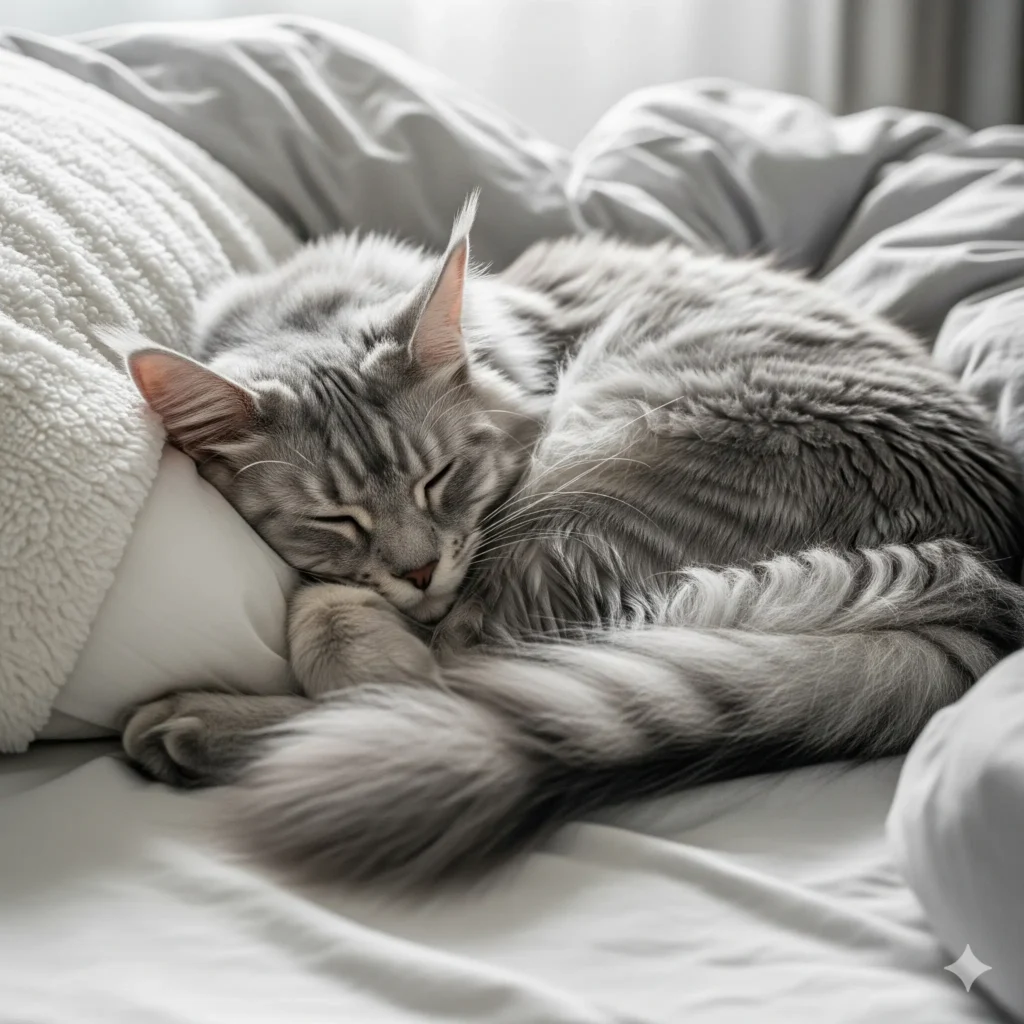
Conclusion:
A Maine Coon crying at night is not unusual, but it’s important to identify the cause. Whether it’s hunger, attention-seeking, or a medical concern, addressing the issue will not only help you sleep better but also ensure your Maine Coon feels secure and cared for. Consistency is key. Establishing a regular evening routine will train your Maine Coon to understand when it’s time to rest. If crying continues despite these efforts, a vet check-up is recommended to rule out health issues. By meeting their needs for food, comfort, and companionship, you’ll help your Maine Coon sleep peacefully through the night—and you’ll enjoy a better night’s rest too.

